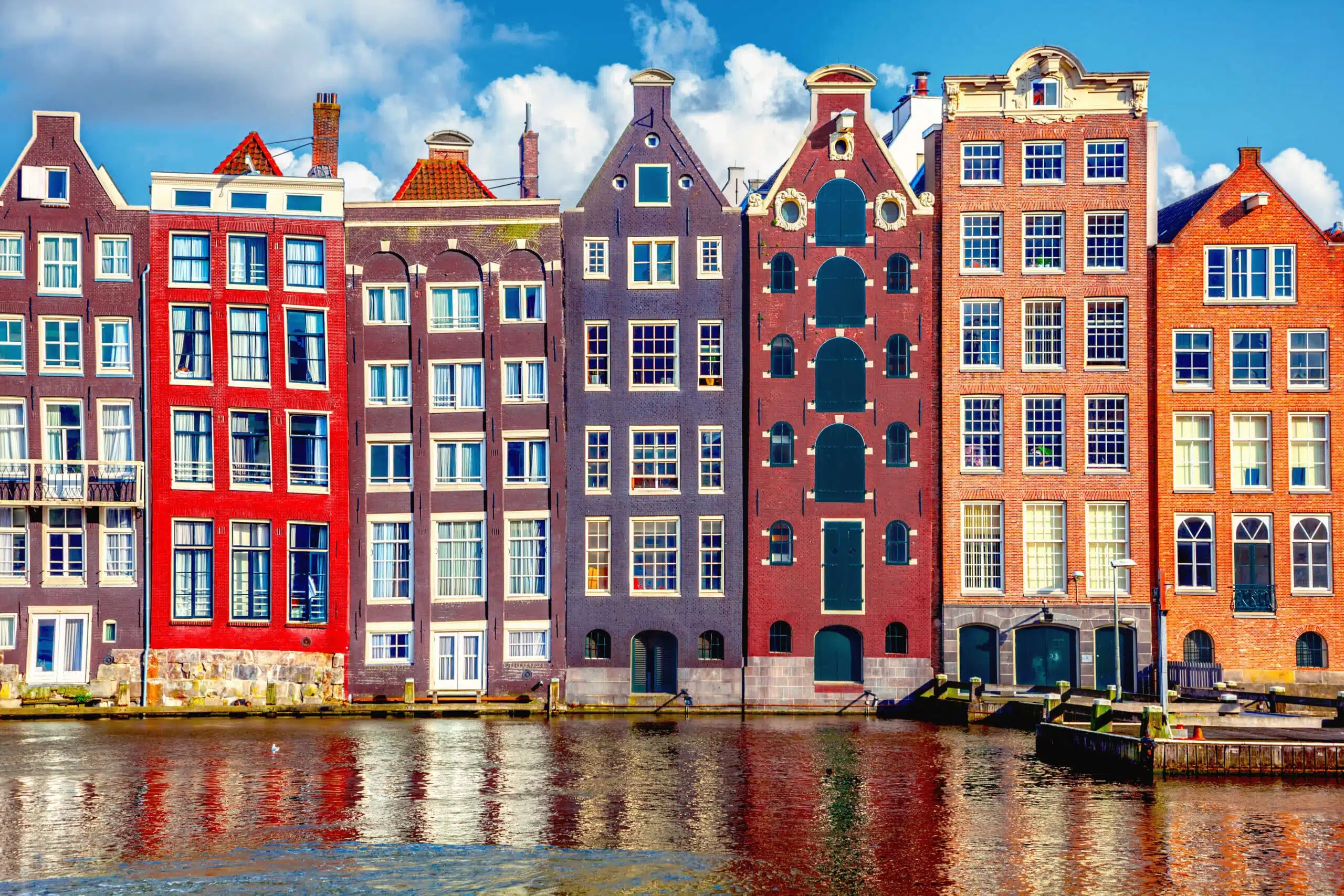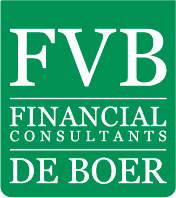
Buying a house in the Netherlands is an option that is open to all, which means that there are no restrictions on expats or foreign visitors who want to buy a home in the Netherlands. However, the process of buying a house in the Netherlands has some elements that may differ from what you are used to, so it is worth making sure you are familiar with the ins and outs of the house buying market.
Should you buy a house or apartment, or should you rent?
As in many European countries, the financial crisis caused property prices to fall sharply in the Netherlands some years ago, and because a lot of rental properties are restricted to the social housing sector, average rents have seen a sharp increase in the last few years. This means that in some cases, rental costs can outweigh the cost of a mortgage.
However, house prices associated with buying a house in the Netherlands can total up to 6 percent of the purchase price, which means that buying property in the Netherlands is not usually recommended for terms of less than three years.
Finding a property in de housing market
Like in most places, there are several ways of looking for houses to buy in the Netherlands. You can go online on the various property portals, some of which are available in the English language too, or you can look in local newspapers or free property papers. It is worth noting that in a country where up to 60% of inhabitants own, rather than rent a property, the good places don’t hang around too long, so make sure you are prepared to act quickly if you see a desirable property in your price range. Lately the Dutch housing market has been really small. There are not enough houses for sale for the people who are looking to buy a house, therefore the prices went up a lot. If you really want to buy a house, especially in a city like Amsterdam, you should consider to get some help from a real estate agent.
Dealing with ‘makelaars’
Dutch estate agents are called makelaars and they are nearly always used in the purchase process. It is usual for the seller and the buyer to each have their own estate agent, who will negotiate on their behalf. You may be asked to sign a contract which would leave you liable for a fee even if you do not decide to go ahead with the purchase, so make sure you understand the facts before signing. Your makelaar will be able to perform property checks and find out information about schools, transport etc.
Getting a mortgage as an expat
There are no restrictions on expats getting a mortgage for buying a property in the Netherlands. Dutch mortgages are capped at 100% of the property value, but you need to budget another 5 – 6 % for costs and fees. You can use online mortgage calculators to get an idea of the cost of your monthly repayments. In the Netherlands, you can increase your buying power if you are buying as a couple, as your partner’s income will also be taken into account when considering the mortgage. Do you want some more advice about the mortgages in the Netherlands, you can go to mortgage advisors for this, like us. You can always contact us for some advice or more information.
The actual purchase
Once you have found a property you like and have made an offer, you can apply for your mortgage. Your mortgage lender will probably want an appraisal, and possibly a structural or building survey. Dutch law requires property purchases to be handled by a notary (notaris). The formal steps will include:
- The buyer and seller sign a pre-sale agreement (koopovereenkomst) or provisional contract (voorlopig contract).
- A notary is chosen to hold the signed contract and a 10 percent deposit, paid by the buyer.
- The buyer arranges his or her mortgage.
- Buyer and seller sign a completion contract.
- The notary registers the property transfer at the land registry office (Kadaster), hereby completing the process.
Costs and fees
Apart from the seller’s estate agents, all other fees are normally charged to the buyer. They will include:
Transfer tax (overdrachtsbelasting) currently set at 2 percent for private dwellings;
Legal fees, around 1.0 – 1.5 percent;
Registration fees, typically 1.0 – 1.5 percent;
Estate agent’s fees 1 – 2 percent.
In addition, you may decide to take out a National Mortgage Guarantee to be covered in the event that you are unable to make your repayments, which will cost 1% of the mortgage value up to a value of EUR 245,000.
Don’t forget to claim your tax back!
Homeowners in the Netherlands are able to claim a tax refund on mortgage interest payments – even as an expat – provided the mortgage is a capital repayment mortgage and the property in question is your main residence. Valuation fees, mortgage broker’s fees and notary fees are usually also tax deductible.
For more information and advice on buying your own home in the Netherlands, getting a mortgage as an expat and claim your tax refund, FVB De Boer specialises in all types of financial affairs for expats, so rather than struggle with the process in a foreign language, give us a call!x
Frequently asked questions about buying a house in the Netherlands
- Finding a property in de housing market
- Dealing with ‘makelaars’
- Getting a mortgage as an expat
- The actual purchase
- Costs and fees
- Don’t forget to claim your tax back!
Like in most places, there are several ways of looking for houses to buy in the Netherlands. You can go online on the various property portals, some of which are available in the English language too, or you can look in local newspapers or free property papers. It is worth noting that in a country where up to 60% of inhabitants own, rather than rent a property, the good places don’t hang around too long, so make sure you are prepared to act quickly if you see a desirable property in your price range.
House prices associated with buying a house in the Netherlands can total up to 6 percent of the purchase price, which means that buying property in the Netherlands is not usually recommended for terms of less than three years.


